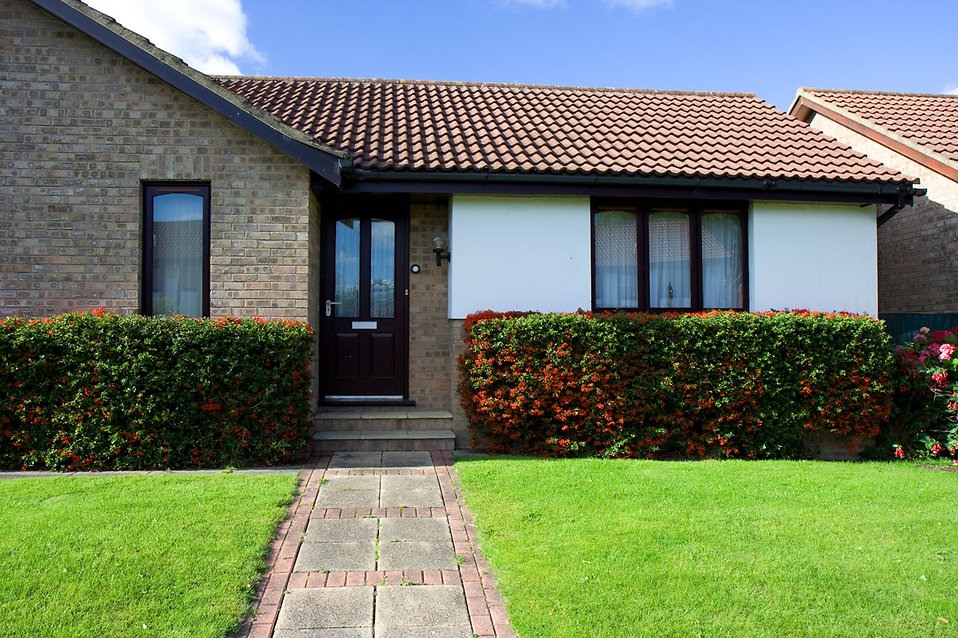Finding the perfect home

In this edition of Caregiver Tip Tuesday we look at finding the perfect home for your aging loved one.
Moving is stressful for everyone. When it comes to relocating a senior, who may have been in the same home for decades, who is dealing with a loss of functioning and perhaps even loss in terms of friends and/or a spouse, this task can be beyond challenging and emotional for everyone involved -- especially if the move has been forced by circumstance or illness. While relocation is clearly something that is likely to be overwhelming for a senior, choosing a new home should be done carefully and should be one that meets the needs of the senior now and in the future.
It’s important to understand the difference between ‘needs’ (things that are mandatory) and ‘wants’ (things that can be compromised). Someone NEEDS a certain level of care, perhaps meals, perhaps medication administration. One may WANT a home that has a swimming pool or that is close to a shopping mall. One needs to be clear what things on the list are clearly only desires and what things are a necessity before you start looking. An equally important factor is affordability. Create a realistic monthly budget before beginning, keeping in mind that there may be hidden extra costs that you aren’t aware of right away.
When options abound, as they do in the retirement sector, it’s best to narrow things down before overwhelming yourself with too much choice. Start with important factors such as location, cost, cultural factors and special needs. Since finding a home is a personal decision, it is very important that the senior being moved visits the homes under consideration, tries the food and spends time in the homes – even a few days if possible – to see if they like the atmosphere, staff and residents.
It’s best to book a tour (visit a minimum of 3 residences), take a list of questions with you and take notes on your visit. Since sometimes it is hard to remember specifics, especially if you visit several homes in a short amount of time, ask the homes if they will allow you to take photos of the residence to help you remember when you are reviewing things later on and trying to compare the options you have in front of you.
When you are visiting homes, do keep in mind that the most important thing in any home is ‘quality of care’ which can only come from a caring staff. The only way you can know this is from observation and experience. When you visit a home, take the time to watch the staff and the residents and how they interact; talk to residents and their families; observe what is going on around you and if possible, participate in activities.
Over the years, it has become abundantly clear to me that by "using your senses" you can easily determine if a residence is one that can meet your needs now and in the future. . Research is the key to finding the ‘best’ place for yourself or someone you care about.
It is important to keep in mind that choice is greatest for those that are fairly healthy and functional. For those that wait until they are hospitalized and cannot return to their own home, choice is limited and in some cases, the only option is long-term care through the CCACs.
Esther Goldstein, B.Sc., B.S.W., RSW is a former acute care hospital social worker, the author of the annual Ontario publication the "Comprehensive Guide to Retirement Living & Long-Term Care®" and administrator of the affiliated national website http://www.senioropolis.com She is a seasoned lecturer and former educator at U of T School of Continuing Studies, sharing her knowledge with professionals, seniors and their families, by giving workshops and lectures at various venues on 'Senior Living Options' and related topics. Esther can be contacted at info@senioropolis.com